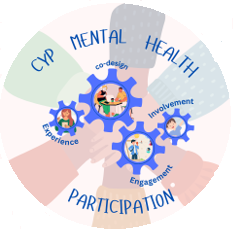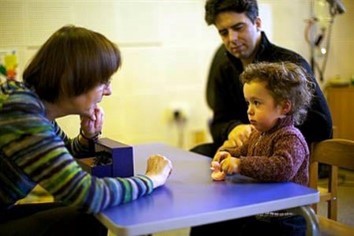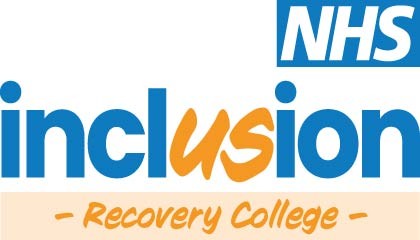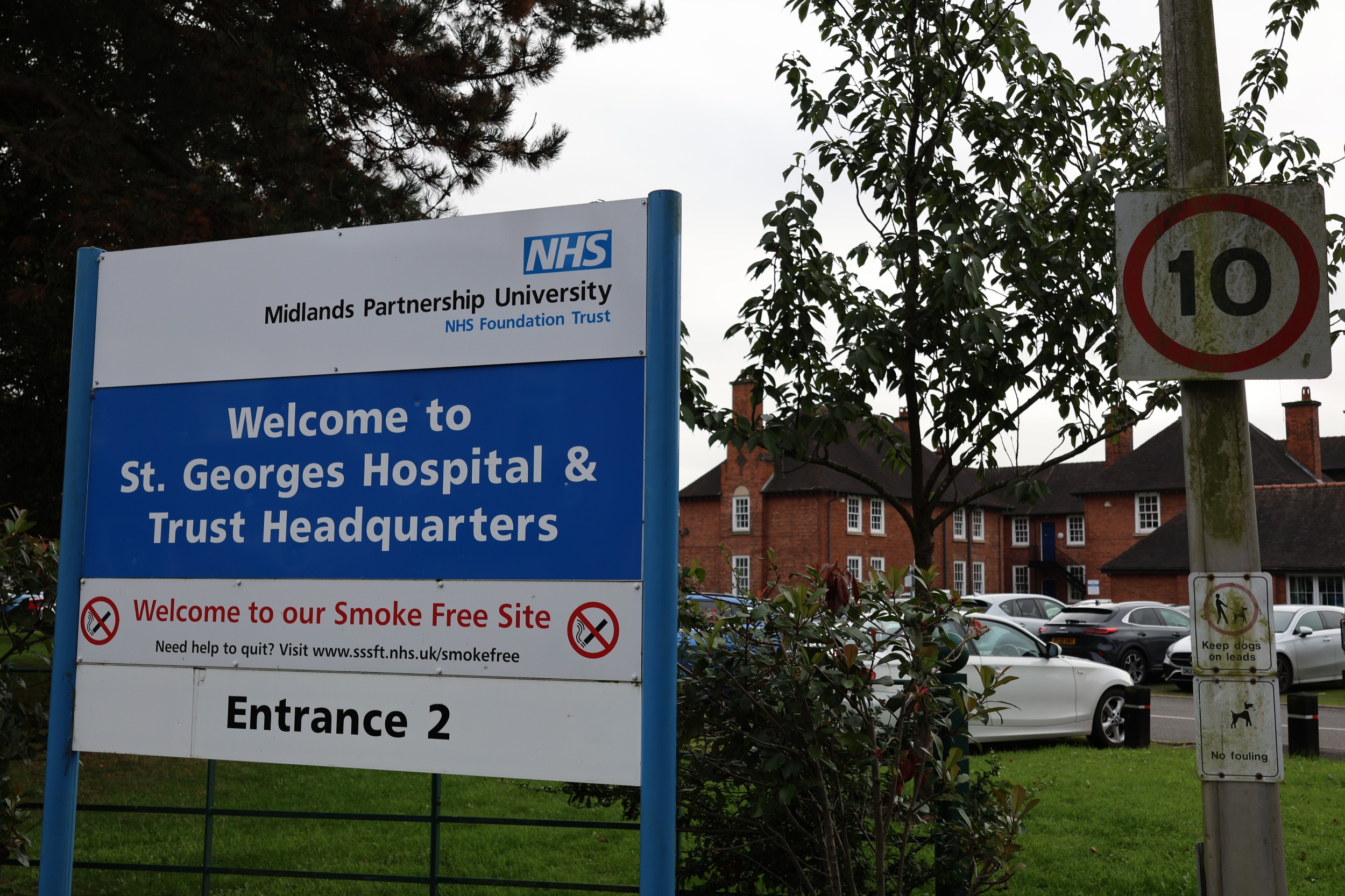It is very hard to tell when someone is approaching the end of their life and when they might die, this is because everyone is different.
Less need for food and drink
When someone is no longer interested in eating and drinking, it can be very hard to accept even when you know it is because they are dying. The body slows down and is unable to digest food or take any goodness from it. The effort of eating and drinking can become simply too exhausting.
You may be able to help the person take a small mouthful at a time and this may be all that can be managed or wanted, it may not be enough to sustain life but it can be very comforting especially if it is something that they enjoy.
If there is little response, this may be due to weakness not lack of appreciation. Simply caring and being together may be of great comfort to both of you. The aim is not to stop giving food or fluids but to accept when this happens naturally and to make sure they are as comfortable as possible. If they struggle or cough, then stop and seek advice.
Quite often when someone is dying we know that there is a risk that food or fluid may “go down the wrong way”, under normal circumstances we would stop them eating or drinking but in the face of death this would seem cruel. However, we do need to make sure it is not causing the person any discomfort or distress.
We accept the risk to allow them the comfort of eating and drinking for as long as they are able. This decision should be discussed with your healthcare team.
Eventually, a person may stop eating and drinking altogether, but unless told otherwise by the healthcare team, we would always offer food and fluid if the person wants it.
Changes in toilet habits
A person who is entering the last days of their life may find the task of going to the toilet too tiresome as they become weaker. They may also be very unsteady on their feet because they are very weak, meaning a trip to the toilet can be very unsafe. In this case, a commode may be placed next to the persons bed, however a person must be safe to use it, or may need help to use it. In cases where it is too unsafe for a person to move, the community nurses may recommend pads be put inside the person’s underwear to collect the person's urine and stool; this will also protect the persons skin.
Keeping a record of any bowel or bladder movement is helpful, including roughly how much and what it looks like.
Medication and treatment
Medication may be stopped when swallowing becomes difficult. Anything that is not aimed at comfort or cannot be taken in the normal way may be stopped, given by an injection, or a new form such as a liquid.
The priority is to treat any symptoms causing discomfort such as pain, feeling sick, breathlessness, anxiety or agitation. Some medications that may have been important in the past may now not be needed if the person is near the end of life.
If someone is no longer strong enough to talk about the symptoms they are experiencing, pain or other symptoms can be shown by them becoming restless or making faces. Anxiety or agitation may also be shown by restlessness but is sometimes associated with confusion, twitching, or jerky movements as well.
The nurses who visit make an assessment upon which the use of medications is based. These are strong medications and we aim to use them as safely as possible to ensure the persons comfort. The aim is comfort, but sometimes the drugs can make people drowsier as a side effect.
Withdrawing from the world
For most, the process of ‘withdrawal from the world’ is a gradual one. The person will spend more time asleep and will often be drowsy when awake and show less interest in what is going on around them. This is a natural process and may even be accompanied by feelings of calmness and peace.
Eventually this may lead to unconsciousness, which may last for a few minutes, a few hours, or a few days. A person may still be aware of your presence and be able to hear what you are saying.
Do not be afraid to talk to them and explain what is going on around them. You may wish to sit quietly and hold hands, recall shared memories, or just talk to them, as you would do normally. This can be an opportunity to share time with them and those important to them.
Sometimes people can become distressed and fearful about losing the things that give their life meaning, this is called spiritual distress. Spiritual needs can be about religion, but more often they are about those things that give the person a sense of peace, this may be a pet, music, photographs, the presence of a loved one, or support from a representative or symbols of their religion. The person may want to talk about these things, do not feel these are necessarily problems to be solved; sometimes just sharing thoughts can be all that is needed.
Changes in breathing
Towards the end of life, as the body becomes less active, the need for oxygen lessens. People who suffer from breathlessness are often worried they may die fighting for breath but often it is found that breathing eases as they start to die. Breathing can be easier than it has been for a long time.
However, any breathing difficulties can be made worse by feelings of anxiety or fear. Reassuring words and touch, medication, or the comforting knowledge that someone is nearby can make a real difference.
Occasionally, in the last hours of life, there can be a noisy rattle to the breathing. This is due to a build-up of liquid in the chest, which the person is no longer able to cough up. Medication may be used to try to reduce it and changes of position can help. The noisy breathing can be upsetting to hear but it does not appear to distress the dying person.












